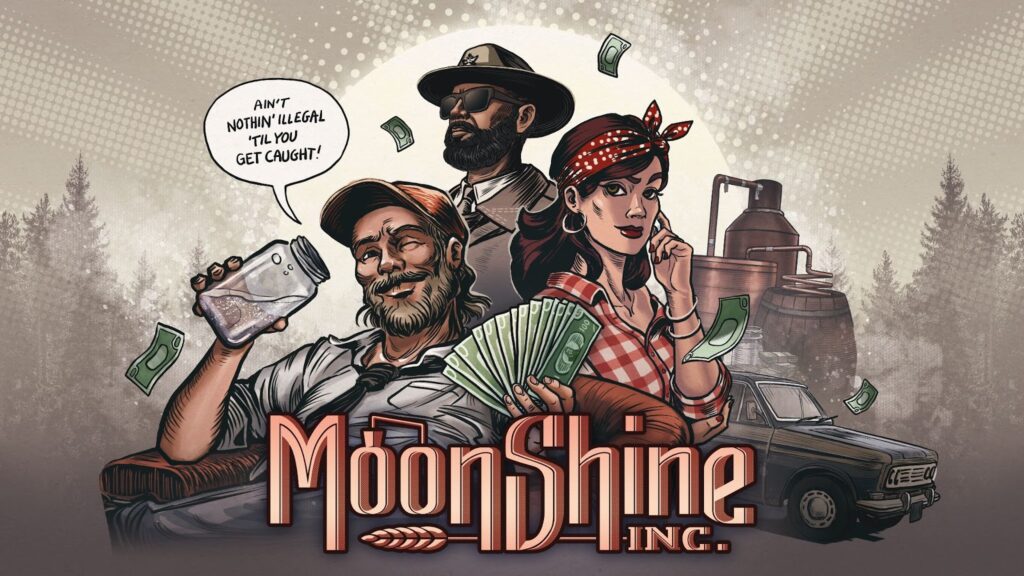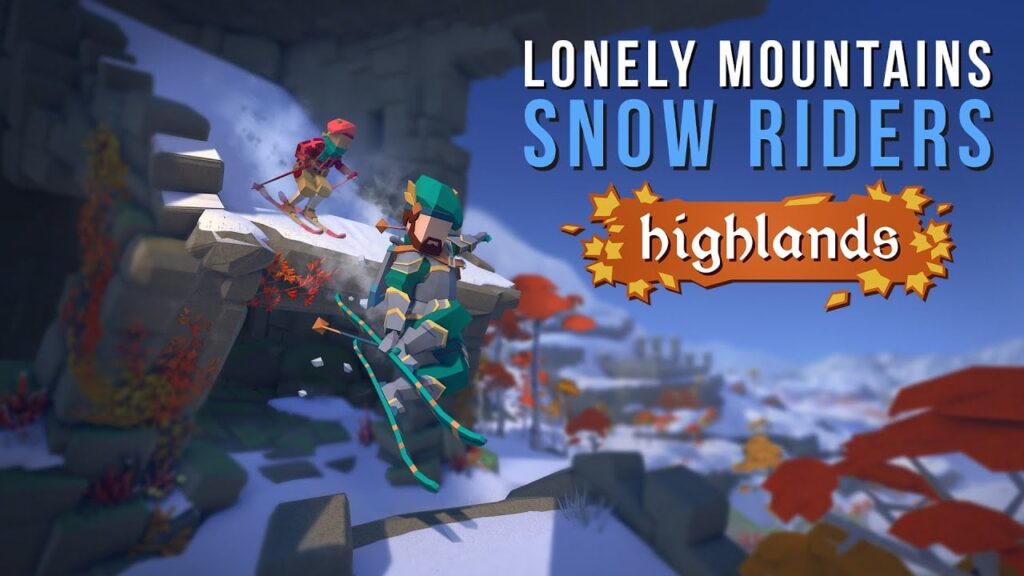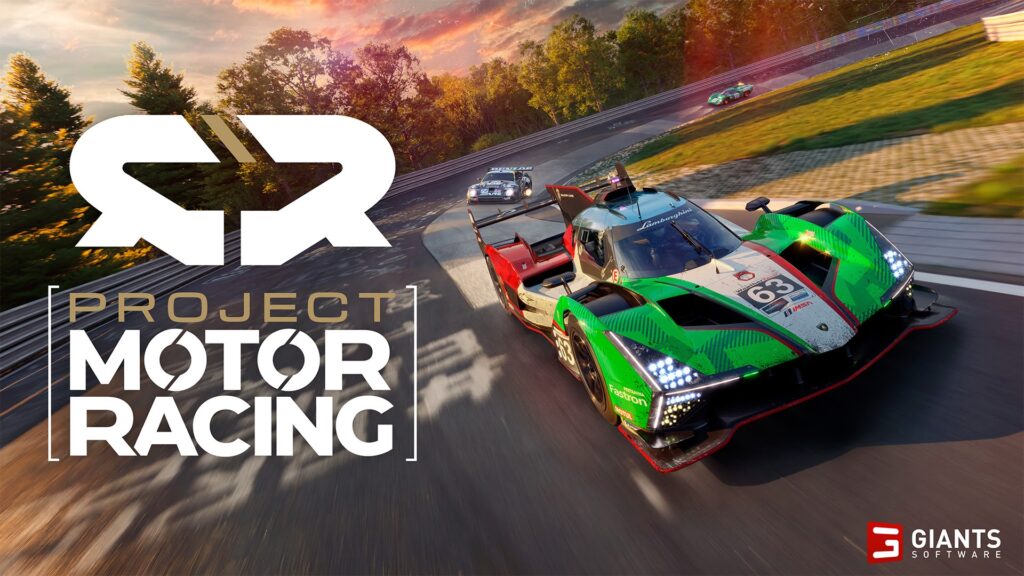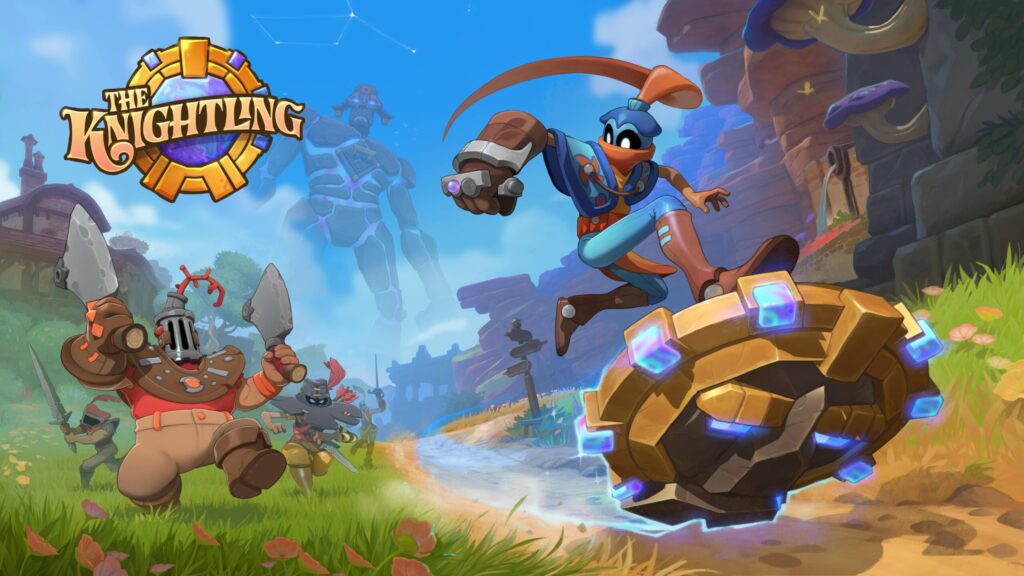
Some games set out to be gritty, nuanced epics full of moral dilemmas and layered storytelling. The Knightling, mercifully, does not. Instead, it throws you into a colourful fever dream that feels like a PS2-era cult classic somebody found at the back of a cupboard, dusted off, and decided to port to the PS5. It’s bright, absurd, and ever so slightly ridiculous – and yet, like a questionable cheese you can’t quite stop eating, it’s oddly brilliant.
Gaming Heaven
The crown jewel here is movement. Your shield, Magnus, doubles as a sled, a glide tool, and the best travel insurance policy you’ll ever need. Hurtling up hills with no regard for gravity or physics is exhilarating in a way most open-world indies can only envy. The environments are deliberately designed to showcase this, with slopes, contraptions, and glowing trinkets scattered around like a child let loose with a toy box. Exploration feels rewarding, platforming challenges are genuinely fun, and even side quests – such as helping villagers make cheese – add a surprising amount of charm. Add in a bold art style and a soundtrack that leans more “storybook adventure” than “AAA orchestra”, and you’ve got a world you’ll want to stay in.
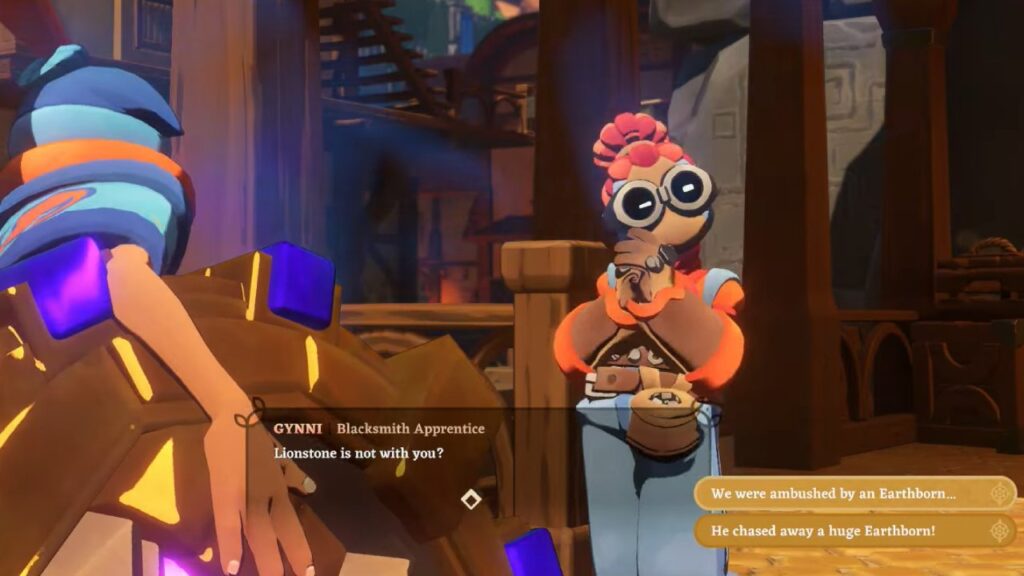
Gaming Hell
Sadly, combat feels less knightly crusade and more clumsy pub brawl. Magnus can block, bash, and occasionally parry, but everything feels sluggish, and enemies have the audacity to be faster than you. The lock-on system seems powered by hope rather than code, often targeting a passing shrub instead of the hulking monster charging at you. The story, meanwhile, starts breezy and whimsical before spiralling into baffling fantasy melodrama, as if written during a long pub lunch. Performance dips and repetitive enemy types round out the frustrations, though nothing game-breaking.
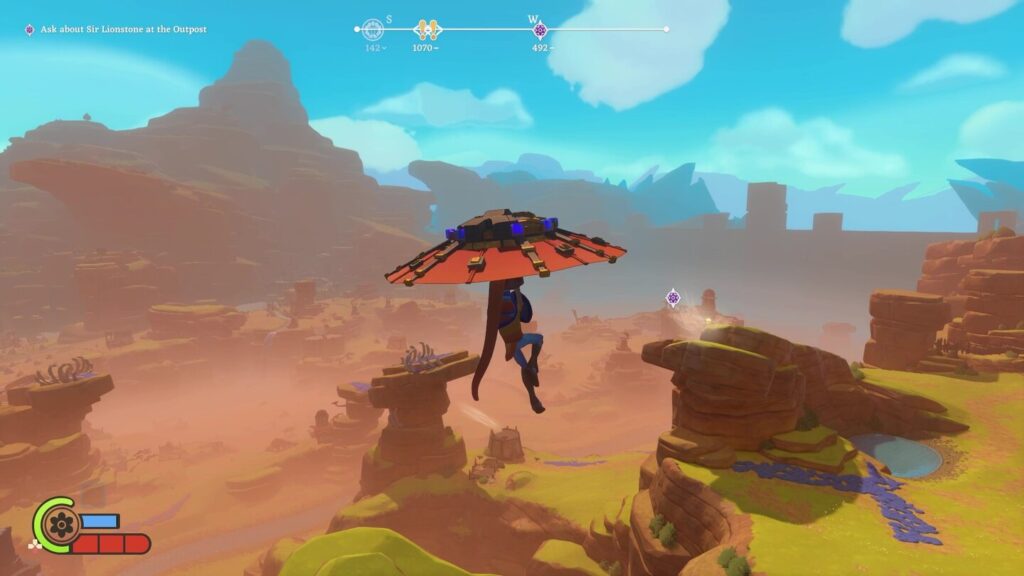
Final Judgement
The Knightling is a game of contradictions: joyous to move around in, tedious to fight within. Yet its personality, atmosphere, and sheer moxie carry it through. If you can forgive its clunky battles and occasional nonsense, you’ll find an indie adventure that feels both nostalgic and refreshingly daft – like rediscovering a lost GameCube gem you didn’t know you needed.

